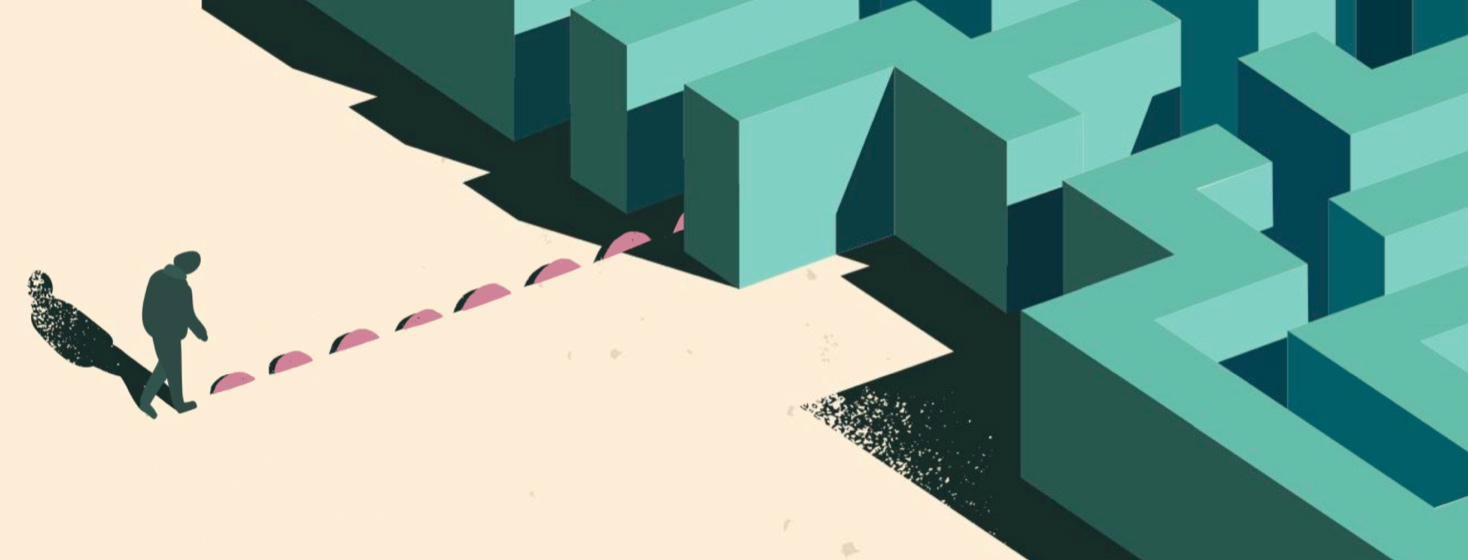After a Diagnosis Of Bipolar Disorder...
Everyone seems to have a slightly different relationship to their diagnosis with bipolar disorder. I know that when I was diagnosed over 15 years ago, I felt relief. Up until that point, I had spent 15 years living the flaming train wreck of a life that can go along with no treatment.
To me, diagnosis meant relief and even a brief sense of happiness because I felt that if I could understand the issue, then I could overcome it. I sometimes wonder if I would have felt the same if I knew then what I had known now.
What I learned after my bipolar diagnosis
My bipolar disorder came from my mother's side, who was adopted, so I had no real knowledge or experience except my own. It wasn't until we reconnected with that side of the family that I found out bipolar disorder ran through it, along with abuse, substance abuse, suicide, and homicide.
And while I'm sure bipolar disorder isn't responsible for all of it, I am sure that there is definitely some overlap. Had I known these things when I was diagnosed, I could've easily assumed they were all directly connected.
If you come from a family like that or have bad experiences with mental illness, you may have a hard time accepting your diagnosis. So, with that in mind, let me give you a few things to consider.
Not comparing ourselves to others
It's easy to look at people behaving badly due to their mental illness and refuse your own diagnosis because, "I'm not like them!"
I used to have a friend who decided he couldn't live with the diagnosis because there's no way he could be anything like his father. I have no idea what his old man did, but I can assure you it wasn't good.
You are not anyone else. You are you.
What my friend never had a chance to understand is that he wasn't his father. Who knows what his father grew up with or what choices he made to get to where he was. My friend could have made much better choices than his dad and led a much less troubled, painful life.
Frankly, maybe his father could have too if he had adequate support.
If you have people like this in your family or life, know that you aren't them. You're not condemned to turn into that person or do whatever they did. You are you, and you can make better choices.
You can have a good life with bipolar disorder
In fact, the opposite is true. Diagnosis does mean you can get treatment, better understand yourself and your emotions, and learn how to manage your mental illness as well as you can. Yes, it's scary at first. It's okay to be scared. But it does get less scary as you learn more.
There is some cognitive dissonance here because we're often told, "You can live a normal life like anyone else." Which is a half-truth. Yes, we can live a largely normal life, however, we have to do it while accounting for the mental illness.
"Normal" people don't have to manage their unwellness triggers, monitor their mental state, and comply with treatment like we do.
Acceptance makes treatment success easier
Treatment can't work if you're not compliant. Far too many people inadvertently make themselves worse and set themselves back because they can't fully accept it. And sometimes those setbacks last years. Let me illustrate this point through an example.
"Bob" is diagnosed with bipolar disorder. Their doctor prescribes them a med. But, because Bob doesn't accept his diagnosis, he starts and stops, starts and stops. Instead of helping, the med is now actually contributing to his instability and making him worse.
Not only that, but Bob's perceptions of the situations become distorted. It must be the doctor who doesn't know what they're doing! It must be the medication that isn't working! It must be a plot by Big Pharma to get him hooked on it to make money!
In reality, Bob is abusing a powerful tool and hurting himself with it. Bob is swinging around a chainsaw and acting surprised when he gets cut with it.
This or That
Which do you turn to first on a bad day?
A bipolar diagnosis can't be ignored
There are so many layers to why people have a hard time accepting their diagnosis. I find much of it to be in how the person perceives their life will change, that perception usually being negative. However, as far as I've seen, the opposite is true.
Rejecting or avoiding the diagnosis just kicks the can further down the road until you get hit with an unwell cycle so severe that you can no longer reject or ignore it. That can mean legal troubles, suicide attempts, or landing in-patient.
There is help and support out there
I think the best thing you can do is explore the diagnosis with a talk therapist. They're generally the best way to get to the root of the fear, anxiety, and finding a way to address it.
Be well. And remember - take your meds as directed. If you're having a hard time on them, want to quit or change them, talk to your doctor before you do anything.
